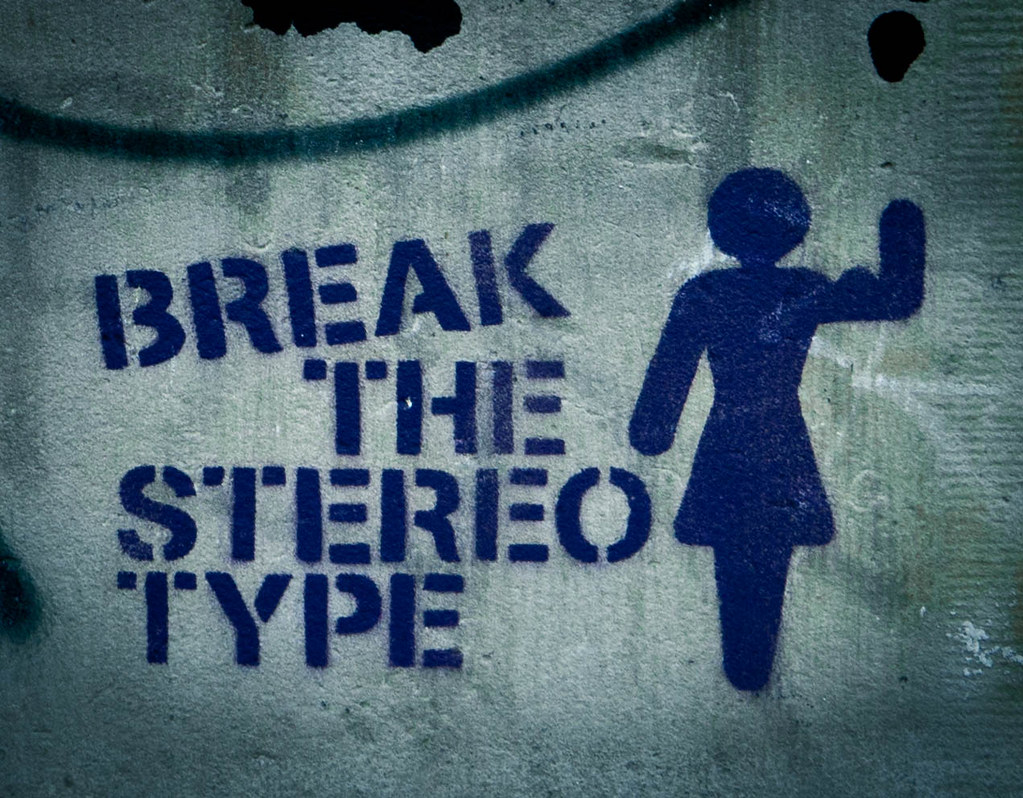
Dear C and Dr. B;
The issue of stereotypes and profiling has taken over the news – Black people and people of color are perceived as greater threats, wherever they are or whatever they are doing – and cops are feared by Black people and people of color as a matter of course. Then there are the stereotypes and profiling of privileged white women (Karens) and Jews … oh, and the Chinese now, because the POTUS blames them for the coronavirus. What I am saying is that we all seem to be seeing others as labels, not as individuals, and making a whole lot of assumptions based on cultural beliefs rather than facts.
It makes me wonder about what I have up until now considered my instincts. For instance, if someone comes to babysit my kids or pets, and I have a bad feeling about them, that seems like a genuine instinct. Or sensing whether someone on a first date is worth a second one – that’s very real and personal. I think we have to trust what our experience has shown us to a degree – that’s how we learn not to touch things that are hot or go near a hostile dog on a chain. But what about the feelings we have about total strangers based on stereotypes? Like that woman in the park who called the police on a Black man just because he asked her to put her dog (as park rules required!) on a leash?
Dagwood
C says: Few of us have ever actually witnessed the headline events emblazened on our screens and devices. It’s all second hand, but we build our opinions on it as if we really knew. However, there’s a big difference between instincts you’ve developed through personal experience, and ideas you’ve gotten from news and media sources. Just compare your “watching from the couch” opinions on violence to the sense of personal violation you feel when the violence happens to you, and you’ll understand the difference quite clearly.
I don’t think it’s that hard for any of us as individuals to know what is right and what just isn’t. Unless you have a sociopathic disregard for your fellow humans, you know that betraying and hurting others for personal gain is bad and helping them when they get flattened is good. But when it comes to a national attitude, we are talking about something different – collective code that runs deep into our country’s history. These attitudes can be so ingrained we don’t even see them. Black men have been unjustly accused and killed for many years, but only repeated and collective outcries, such as the recent ones sparked by George Floyd’s death, can begin to wake us up. How many white women killed by Black cops would it have taken to produce the same outrage? I am guessing one would have done it
So how do you know which instincts to trust? You don’t. But I would venture to guess that any instinct that resists reasonable questioning is one that you really should question.
Dr B says: Humans think in labels. It’s one of the brain’s shortcuts that allows us to function at real time speeds. Biologically, labels aren’t meant to be 100% accurate. They act more like catalysts, intended to push us to gather more data. Humans are territorial animals and labels help define the parameters of a given group. We also form pecking orders, so we defer the specifics and details within any label to authorities that set up the group’s acceptable behaviors. These are all survival mechanisms that allow for brain efficiency, but which also make us vulnerable to marketing ploys put out there by religions, products and politics.
All of us have beliefs we’ve been taught that may not be true but that do affect our behavior. The key is to learn to question your givens to see if they actually apply. There is a Facebook post going around that shows classic historical style photos, but with all the stereotypes reversed. The Black slave has become the master sitting with a gun aimed at chained white slaves. The white men are in the kitchen baking while the Black mistress walks by draped in jewels. These photos shock and seem intuitively wrong to me as they are being picked up by my brain’s labeling/shortcut system. This reaction I have just goes to show that no matter what I consciously believe, my inner programming, like most of us, is still prejudiced.